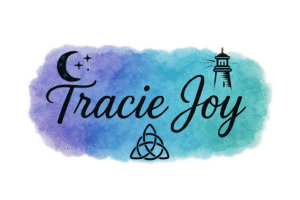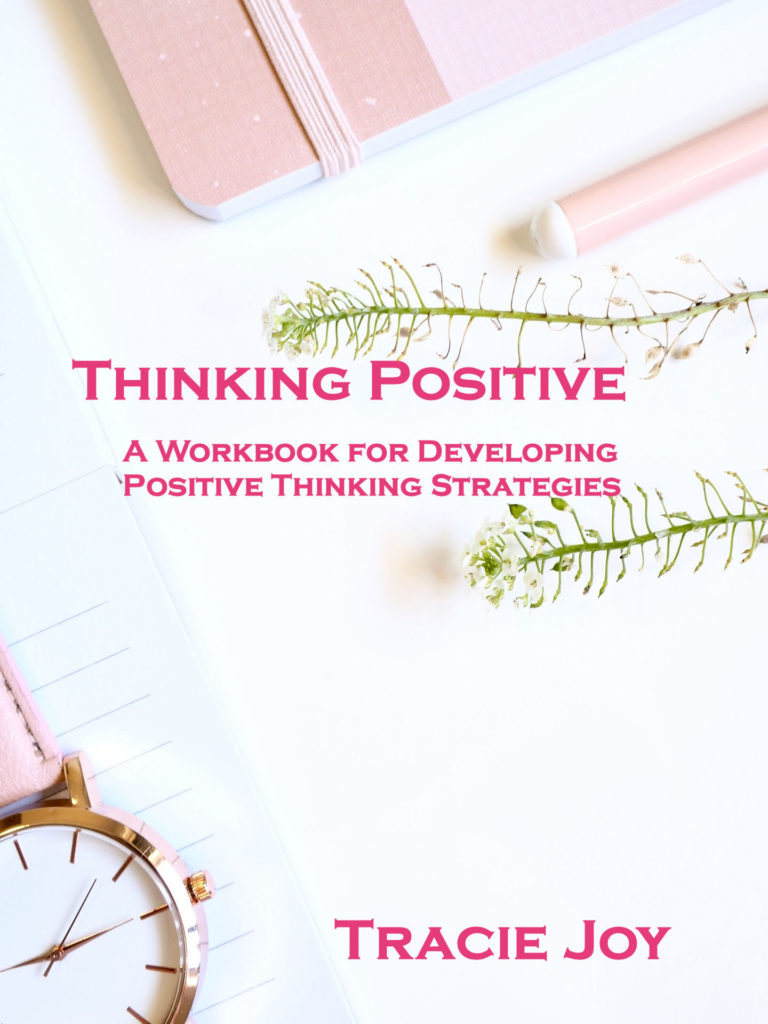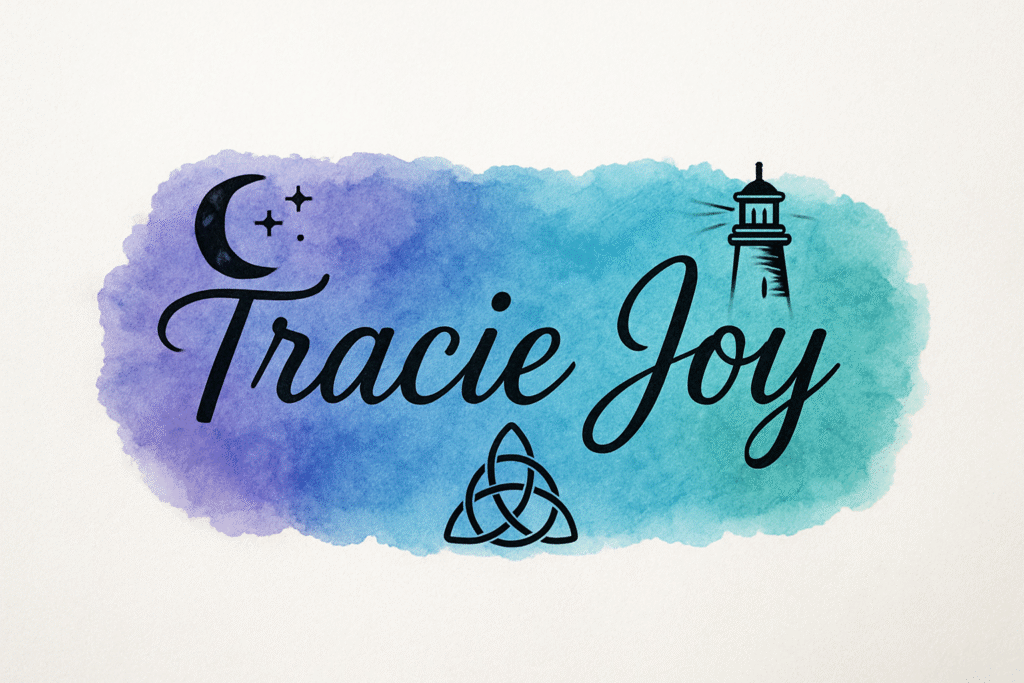Invasive Ductal Carcinoma: The Day Everything Changed
Friday December 30th, 2022 was a perfectly beautiful day, if you like warm winter days. I was out and about running errands and enjoying the good weather. I stopped at my mailbox on the way home and had just opened it when my Fitbit started vibrating with a call. I checked my wrist and ran back to the car to grab my phone because it was the nice  nurse practitioner, Colleen.
nurse practitioner, Colleen.
Colleen asked if I was home and if I was alone. I said I was just headed in the house after picking up the mail. She told me she’d call back in ten minutes, and my heart rose up in my throat. I said, “This isn’t good news, is it?” and she said no. I told her I’d be in the house with a pen and paper ready in five minutes.
I went inside, dumped the groceries on the table, and ran up to my room where I sat with paper and pen, ready to go. Colleen called back and told me the words I wasn’t ready to hear: I have invasive ductal carcinoma. Which, let’s be real, sounds absolutely terrifying. But then she quickly added it was the most common form of breast cancer. Apparently, that was supposed to be the good news portion of the conversation.
She went on to tell me that it was estrogen and progesterone positive and HER2 negative. Which, to me, sounded like she was just spouting a whole lot of science words. But she assured me this was a good thing. Not gonna lie, in my mind, no cancer is GOOD news. But apparently, if you’re going to get breast cancer, this was the “least bad” version. I wasn’t exactly comforted. Nobody had asked my opinion, but I didn’t want invasive ductal carcinoma. I didn’t want anything like that at all!
Suddenly, My Calendar Wasn’t Mine Anymore
Before I could even process the words invasive ductal carcinoma, Colleen rattled off a list of appointments already scheduled for me. Genetic testing on January 5th. An MRI on the 12th. A meeting with the surgeon on the 16th. Boom,  boom, boom. I didn’t even have to pick up the phone. On one hand, yay, less for me to figure out. On the other hand, wow, talk about losing control over my own life. Suddenly, my calendar wasn’t mine anymore—it belonged to breast cancer.
boom, boom. I didn’t even have to pick up the phone. On one hand, yay, less for me to figure out. On the other hand, wow, talk about losing control over my own life. Suddenly, my calendar wasn’t mine anymore—it belonged to breast cancer.
I hung up and was suitably freaked out. I didn’t know what to do or where to turn. Did I tell Twin B even though Twin A was still on her cruise? Should I cry? Should I throw things? Honestly, I had no clue. I sat there with my pen in hand, staring at the notes I had written down, like maybe if I looked at them long enough, they’d stop being real.
Breaking the News to My Family
I told my mom first, and she got pissed—not at me, but at the situation. Then came the question: should I tell Twin B right away? I knew I couldn’t tell Twin A. She was literally in the middle of the ocean on a cruise ship, and why would I want to ruin her trip? All she could do was stress and freak out until she got home. So, I decided to tell Twin B and swore him to secrecy.
Of course, he was devastated. I am essentially my kids’ only parent (long story—short version: their dad and his family are not in their lives). We talked, we processed, we hugged, and we talked some more. I could see the fear in his eyes, and it mirrored my own. He’s tough, but hearing your mom say she has breast cancer is a gut punch no one prepares you for.
After that, I told my sister. Then I mostly sat around going, “Huh. I have breast cancer.” Let me tell you, it is NOT a pleasant feeling. In fact, it’s probably the suckiest feeling in the history of feelings, in case you were wondering.
What Invasive Ductal Carcinoma Means (and Why It Matters)
As much as I wanted to stick my head in the sand, I couldn’t. If you’ve been following my story from the beginning, you know this wasn’t the first sign something might be wrong. (If you missed it, here’s my very first post about breast cancer.)
So what is invasive ductal carcinoma? It’s the most common type of breast cancer, accounting for about 80% of all diagnoses. It starts in the milk ducts and then invades nearby breast tissue. If left unchecked, it can spread beyond the breast. That sounds horrifying, I know, but there are actually good treatment options depending on the hormone receptor status (hence all those estrogen/progesterone/HER2 results Colleen threw at me).
If you want the more clinical version, the American Cancer Society explains invasive ductal carcinoma way better than I can, minus the sarcasm.
Processing the Diagnosis
So there I was, sitting in my room, staring at my notebook, thinking about how my life had just divided into two timelines: pre-diagnosis and post-diagnosis. One minute I was running errands on a warm winter day, and the next, I was a person with invasive ductal carcinoma. I had cancer. That’s not something you just casually drop into conversation at dinner.
 I didn’t cry right away. I didn’t throw things (though honestly, it was tempting). Mostly, I just sat there in disbelief. It’s a strange limbo, knowing your body is carrying cancer inside it while you’re still waiting for test results and appointments to tell you what comes next. Part of me wanted to curl up and hide. Another part of me wanted to scream at the universe.
I didn’t cry right away. I didn’t throw things (though honestly, it was tempting). Mostly, I just sat there in disbelief. It’s a strange limbo, knowing your body is carrying cancer inside it while you’re still waiting for test results and appointments to tell you what comes next. Part of me wanted to curl up and hide. Another part of me wanted to scream at the universe.
But what I did do was start writing. Because that’s how I process life: I write it out. And maybe, just maybe, someone else walking this road of invasive ductal carcinoma will read this and realize they aren’t alone in the fear, the confusion, or the very human urge to eat ice cream and binge crime shows instead of facing reality.



